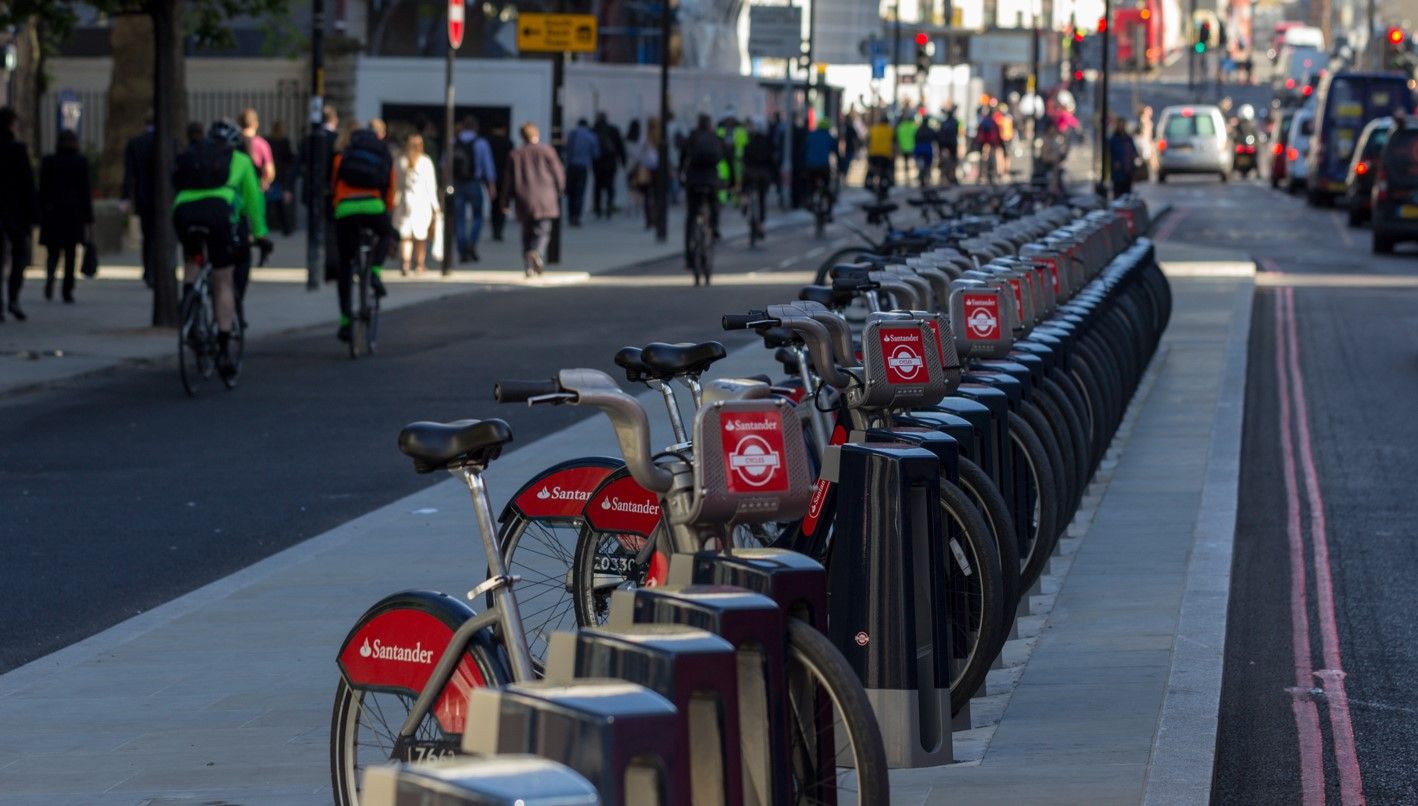Collaborative Mobility UK (CoMoUK), the national shared transport charity, has stressed the need to expand shared transport schemes in the UK following the release of the Department for Transport’s National Travel Survey for England, which revealed that the use of active travel modes has stagnated in recent years.
Overall, the 2023 National Travel Survey for England reveals an increase in the use of private cars and motorcycles, as well as most public transport modes, except for London buses, where usage has remained steady compared to 2022. In contrast, the use of active travel modes such as walking and cycling has stagnated over the same period.
CoMoUK stressed the need to expand shared transport schemes such as bike-sharing programs because of their close relationship with cycling and walking in general.
Research by CoMoUK finds that these schemes often encourage people to start cycling again, with 48% of users reporting that they were riding for the first time in over a year or ever. Users of these schemes also report enhanced physical and mental health, saving money and reducing car miles.
CoMoUK’s latest annual bikeshare research report, published in April, found a record number of daily rides on shared bikes in the UK past year. Additionally, 69% of users said they were cycling ‘more often’ or ‘much more often’ since joining, with this figure rising to 72% among e-bike users.
Similarly, as car clubs grow in popularity, they attract users with more active lifestyles, with over a third (35%) cycling at least once a week, compared to just 14% of the wider population.
Richard Dilks, chief executive of CoMoUK, said, “It is a missed opportunity that walking and cycling levels are not rising fast enough to meet our ambitious net zero targets. There is an urgent need to cut emissions and reduce reliance on private cars by expanding shared transport options, which our research shows offer significant benefits, including environmental improvements and enhanced public health.
“Bike share schemes and car clubs help reduce the number of vehicles on the road, freeing up space for communities and improving air quality in towns and cities. Regular users report saving money, avoiding the hassles of car ownership, and lowering their carbon footprint.
“Furthermore, bike share and car clubs encourage more active lifestyles, with members more likely to walk or cycle short journeys compared to those who rely on private cars. It’s vital that ministers seize the opportunity to fully harness the potential of shared transport,” he added.
The National Travel Survey can be found here.

